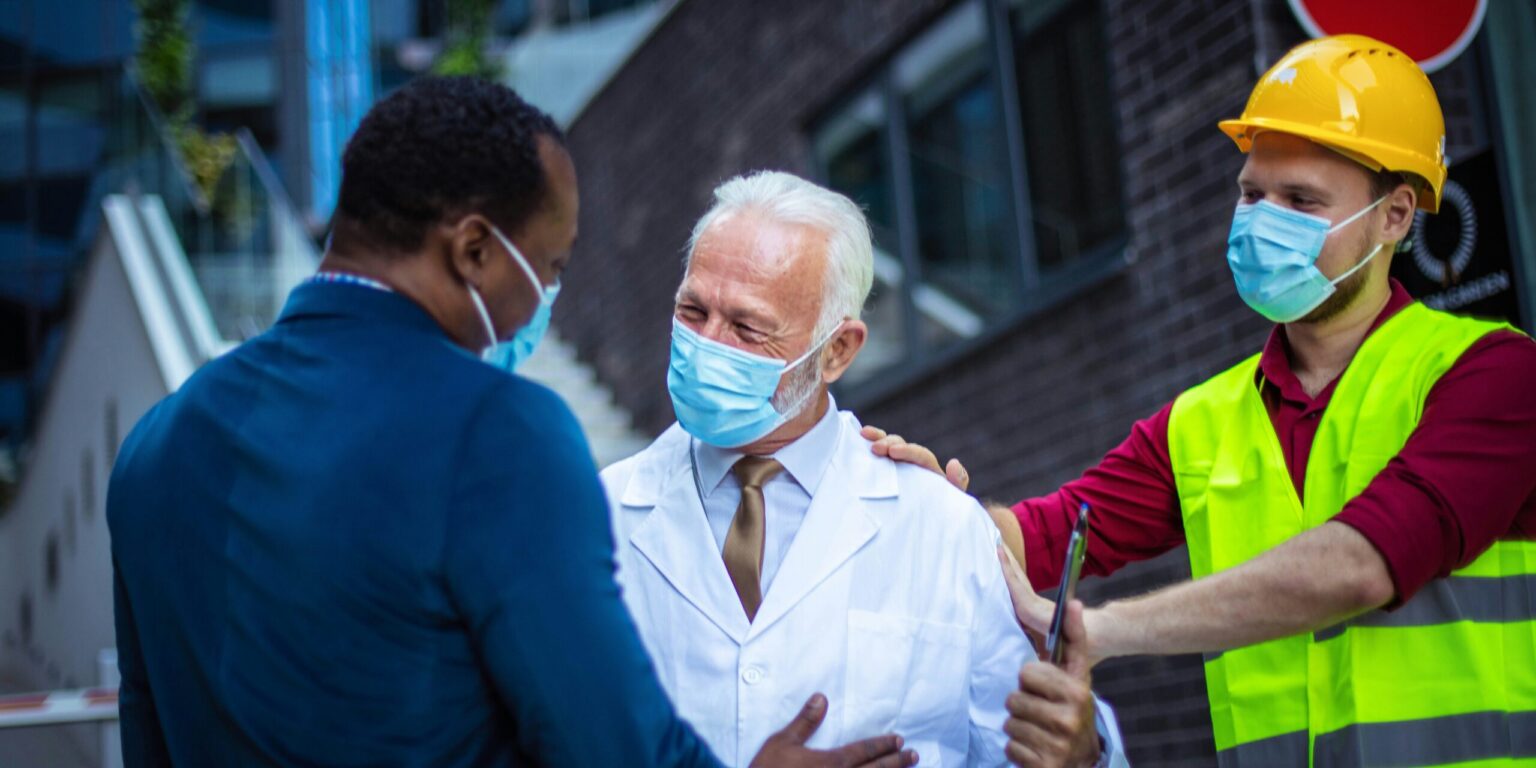World Patient Safety Day, observed annually on September 17, serves as a global reminder of the critical importance of patient safety in healthcare systems around the world. Established by the World Health Organization (WHO) in 2019, this day aims to raise awareness about the preventable harm that patients may experience while receiving medical care. It emphasizes the need for collaboration and concerted action across all nations, healthcare organizations, and international partners to reduce patient harm and improve safety standards.
The theme of World Patient Safety Day varies each year, with a focus on different aspects of patient safety, such as safe medication use, infection prevention, and improving the quality of care in healthcare settings. The initiative encourages countries to not only recognize the challenges in patient safety but to take concrete steps toward implementing solutions, creating safer environments for patients, and empowering healthcare professionals to address risks proactively.
Read Also: https://mensinsider.com/chris-gibson-live-from-personal-struggle-to-global-impact/
The observance of World Patient Safety Day highlights the fact that patient safety is a shared responsibility. It calls for united action across governments, healthcare providers, and individuals to ensure that patients receive the highest standard of care in a safe and supportive environment. By promoting awareness and facilitating dialogue around patient safety, the initiative aims to reduce medical errors, improve the quality of healthcare, and, ultimately, save lives.
As healthcare continues to evolve, World Patient Safety Day serves as a critical moment for reflection and action. It reminds the global community of the ongoing need to prioritize patient safety in every aspect of care, from diagnosis to treatment and follow-up. The initiative not only encourages greater accountability but also seeks to build trust between healthcare providers and patients, ensuring that individuals can receive care with confidence, knowing that their well-being is being protected at every stage of the healthcare process.
